
MediLodge of Traverse City is a leading provider of long-term skilled nursing care and short-term rehabilitation solutions. Our 84 bed center offers a full continuum of services and care focused around each individual in today's ever-changing health care environment. We are a proud recipient of the 2010 American Health Care Association and the National Center for Assisted Living's (AHCA/NCAL) Bronze - Commitment to Quality, National Quality Award in recognition of our strong commitment to continuous quality improvement. Medilodge of Traverse City serves northern Michigan. Our center is Medicare and Medicaid certified. Stop by and see why our families gave us a 97% satisfaction rating.


We operate with four basic principles in mind: to restore your health, improve your daily functioning, increase your independence, and provide you with the utmost comfort. The services and amenities we provide are designed to make your stay both relaxing and convenient, allowing you to focus on improving your health and well-being.
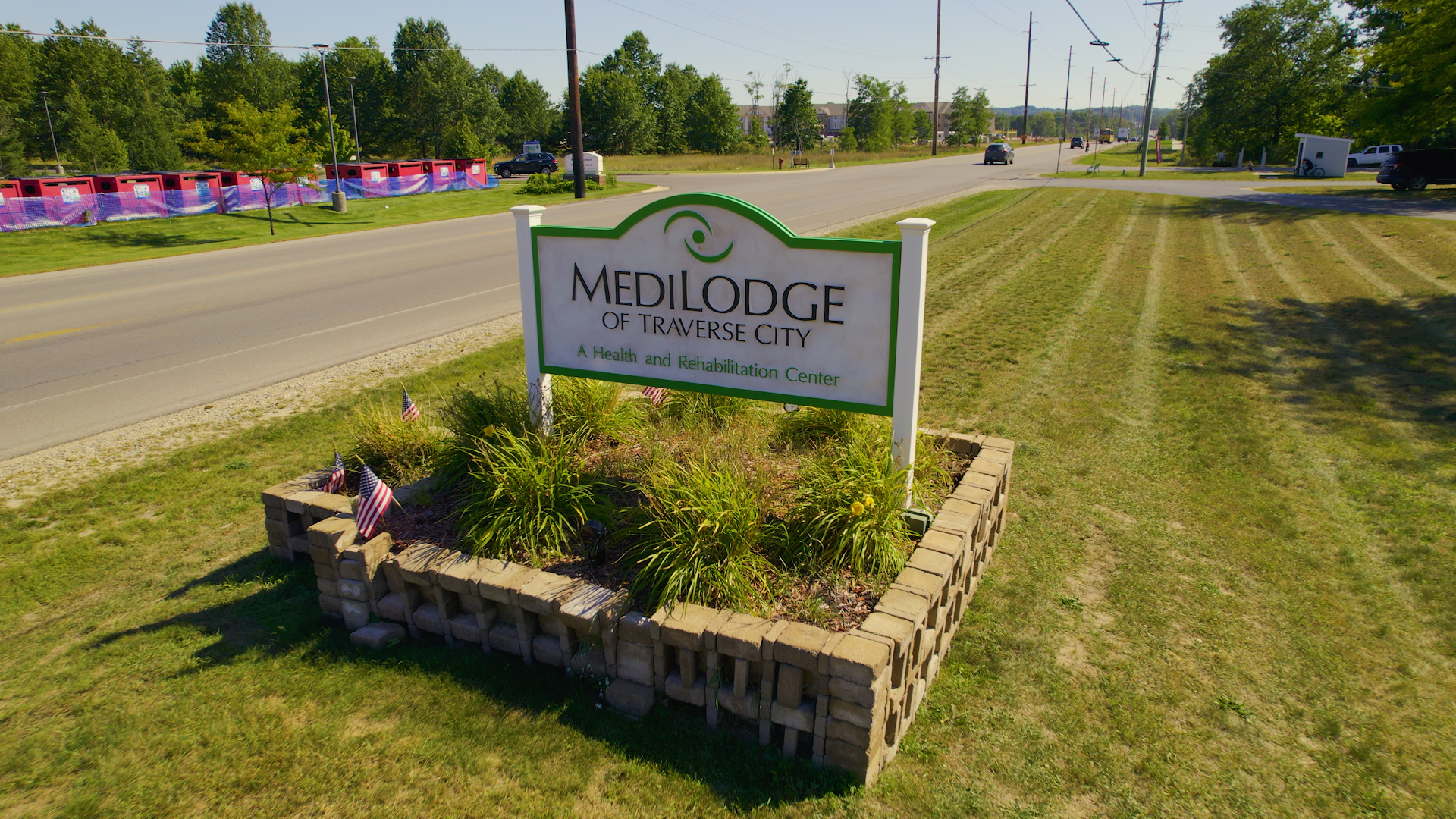
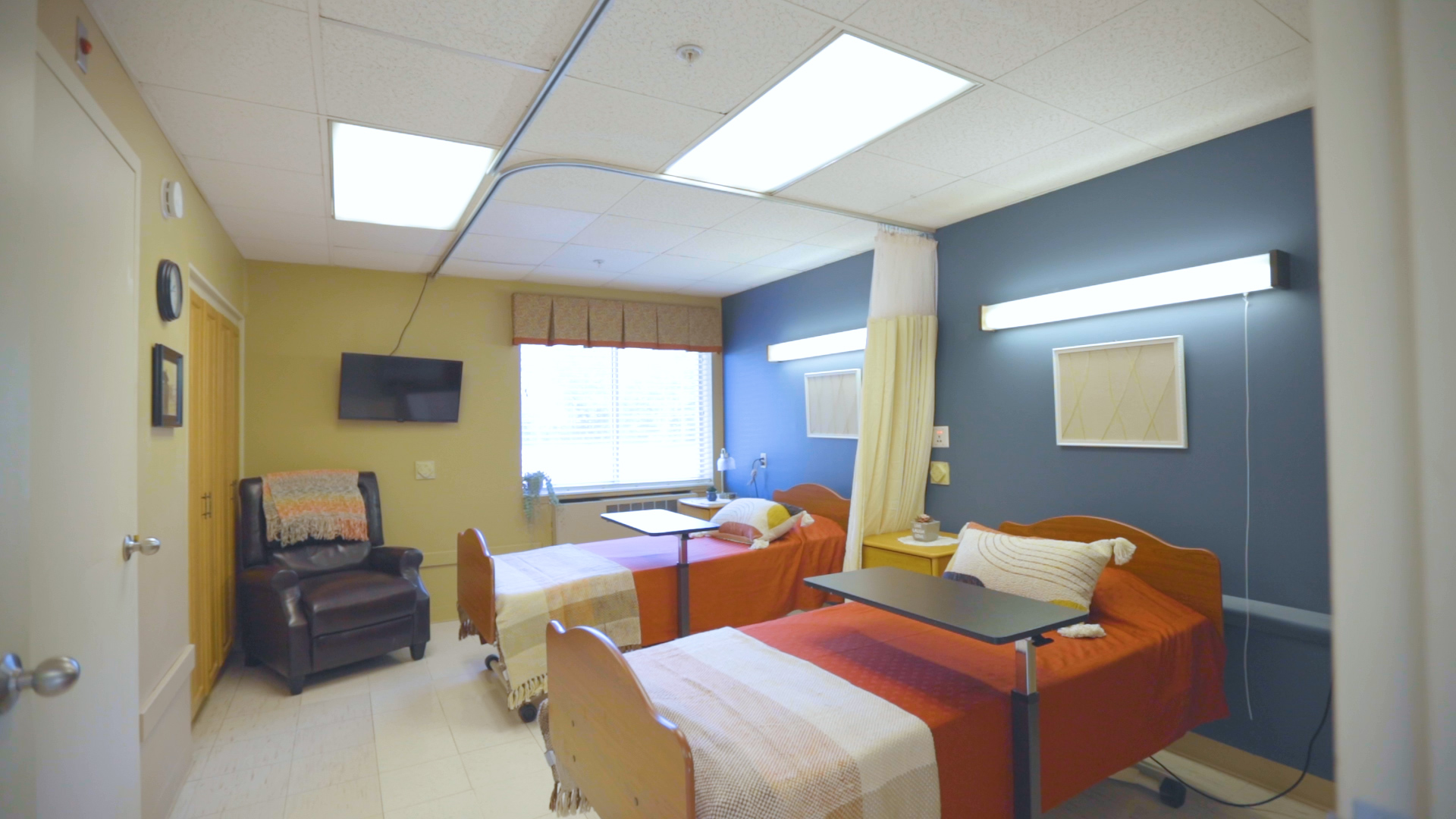
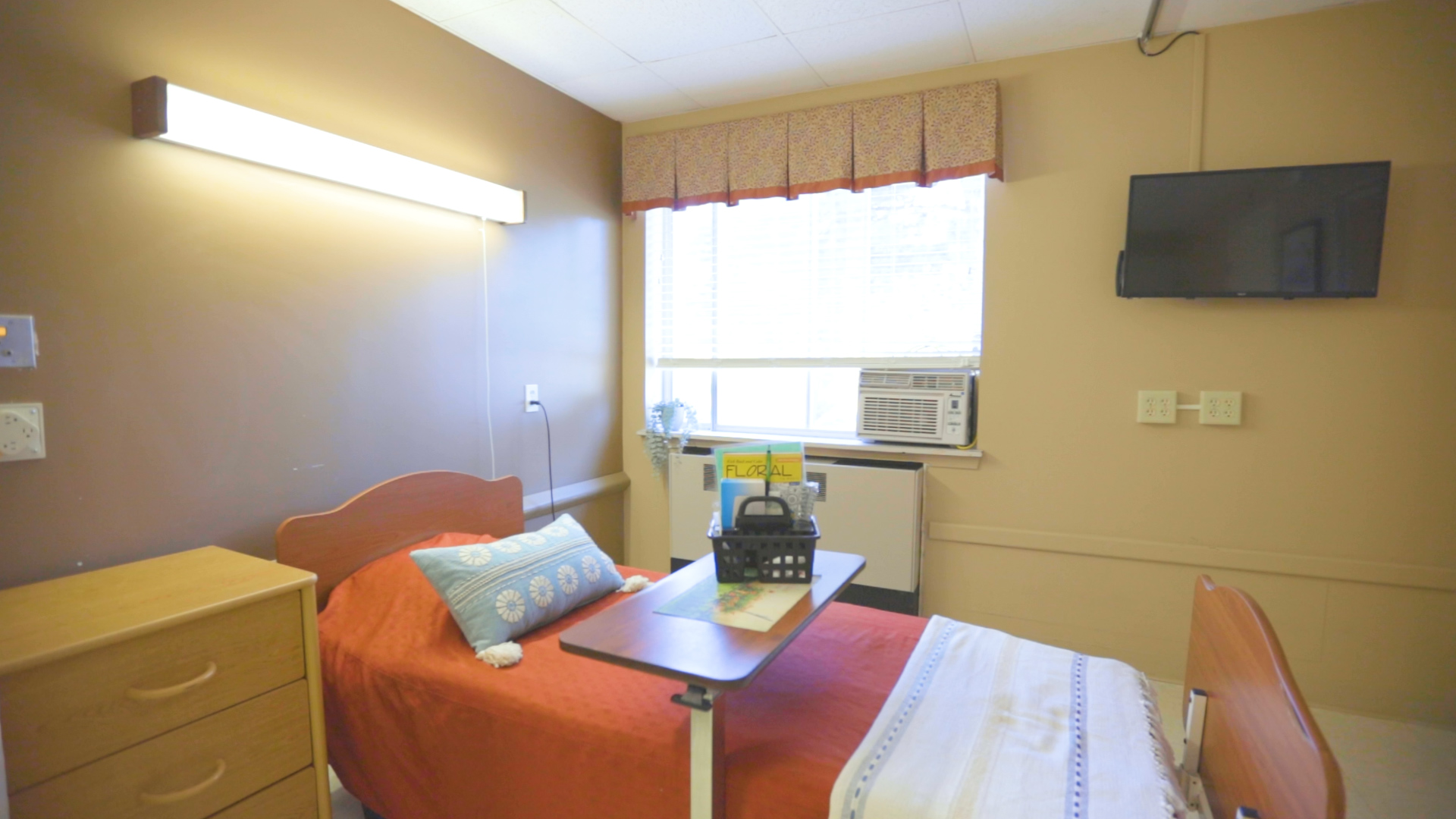
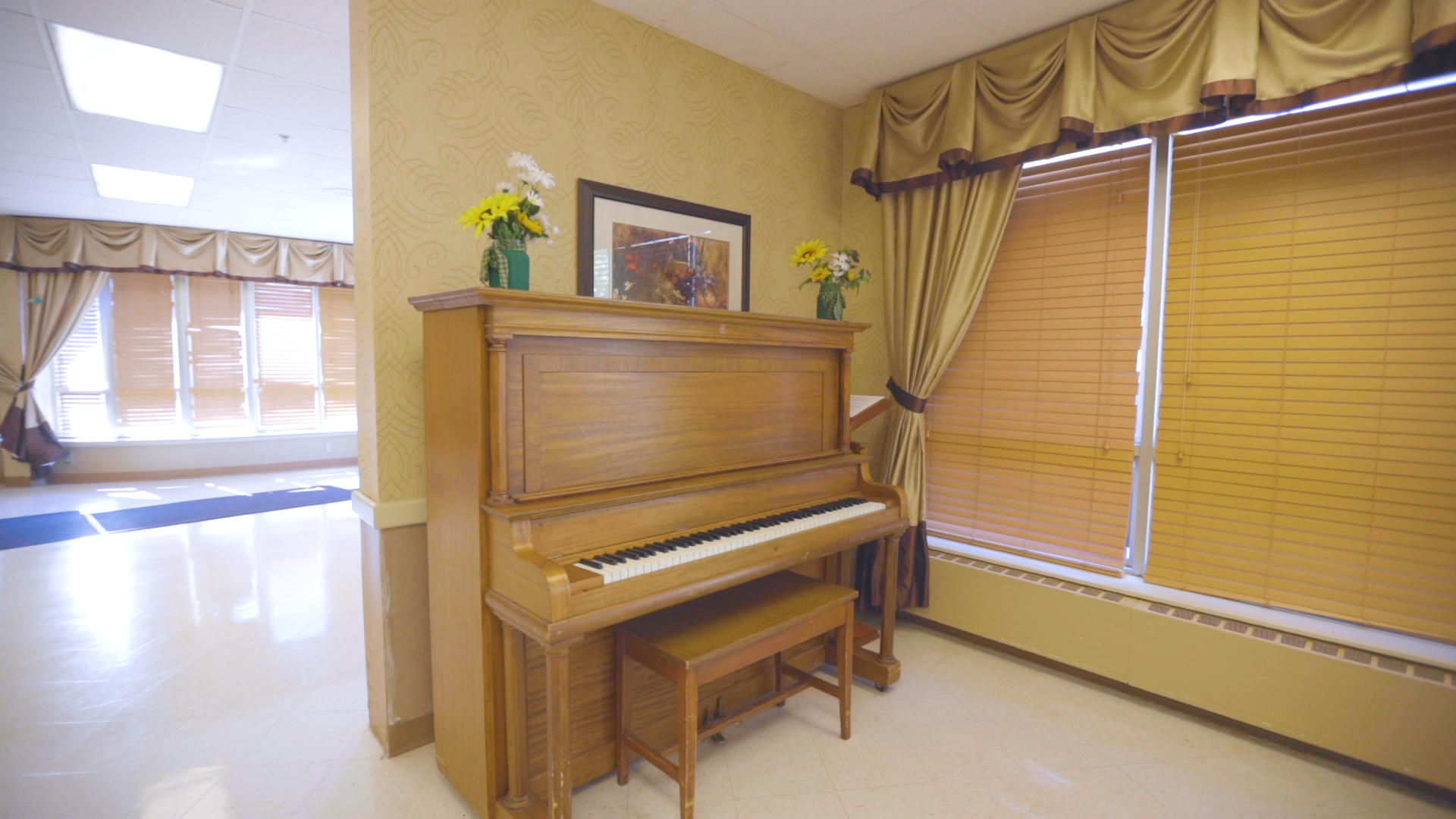
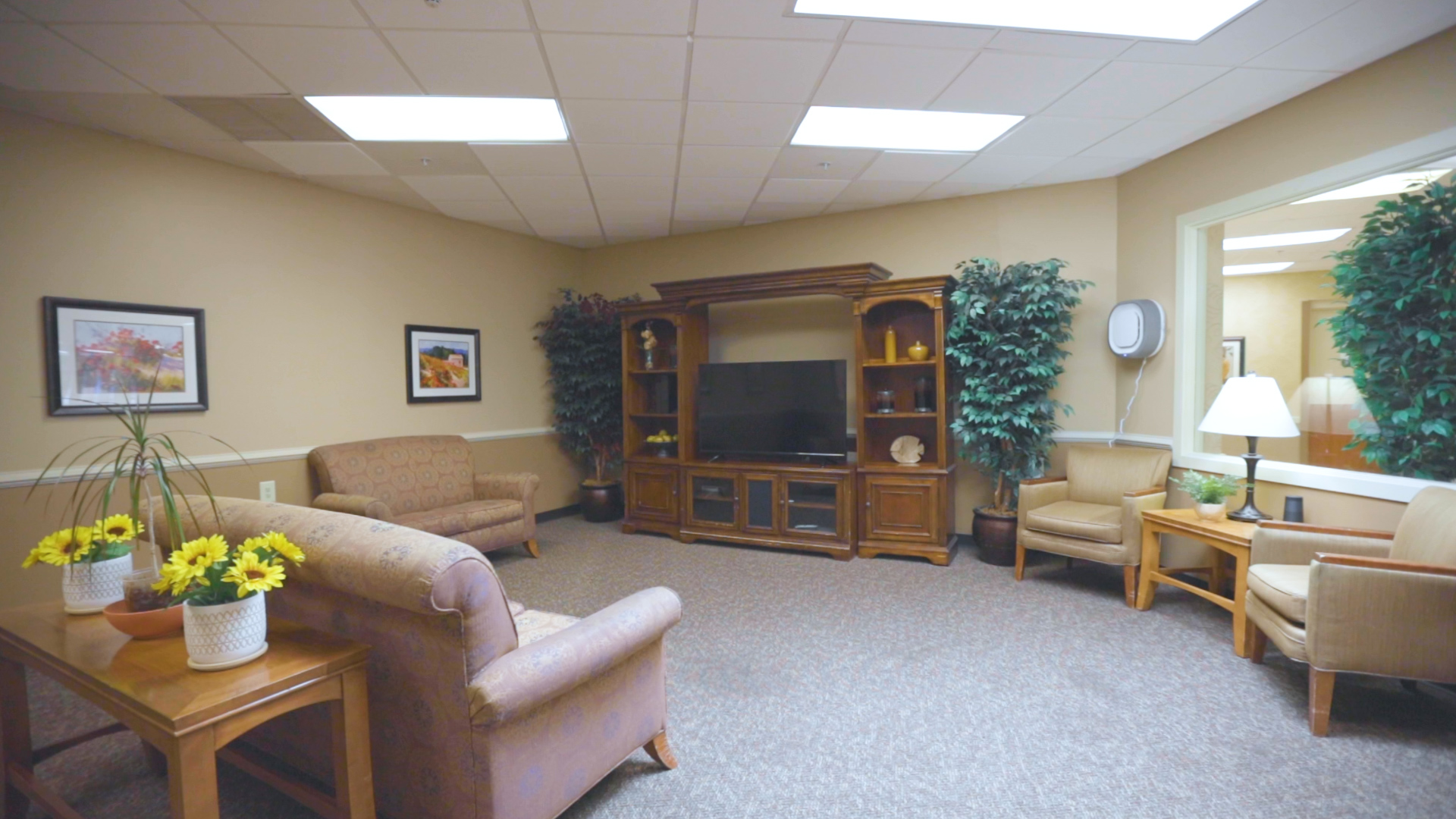
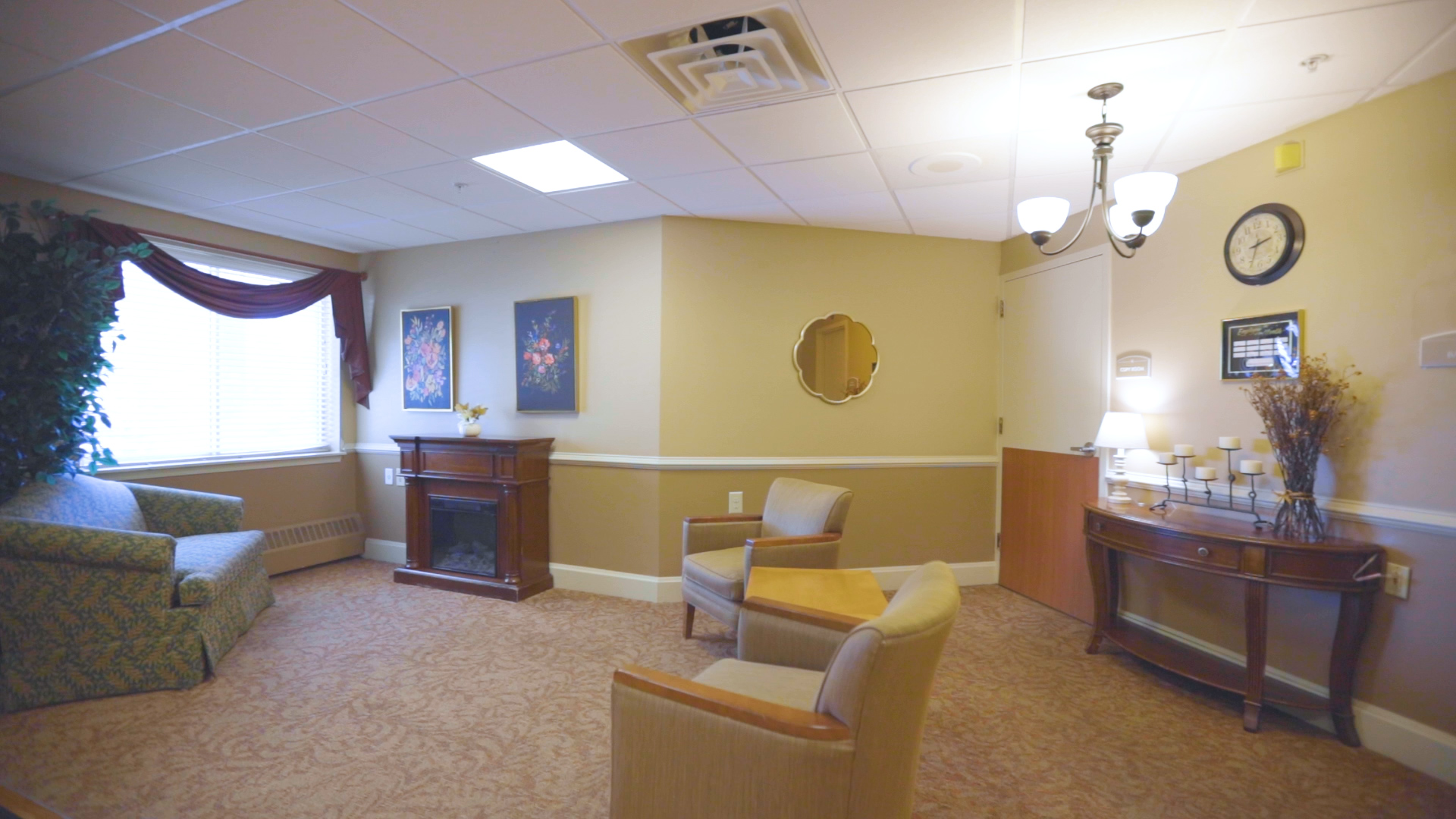
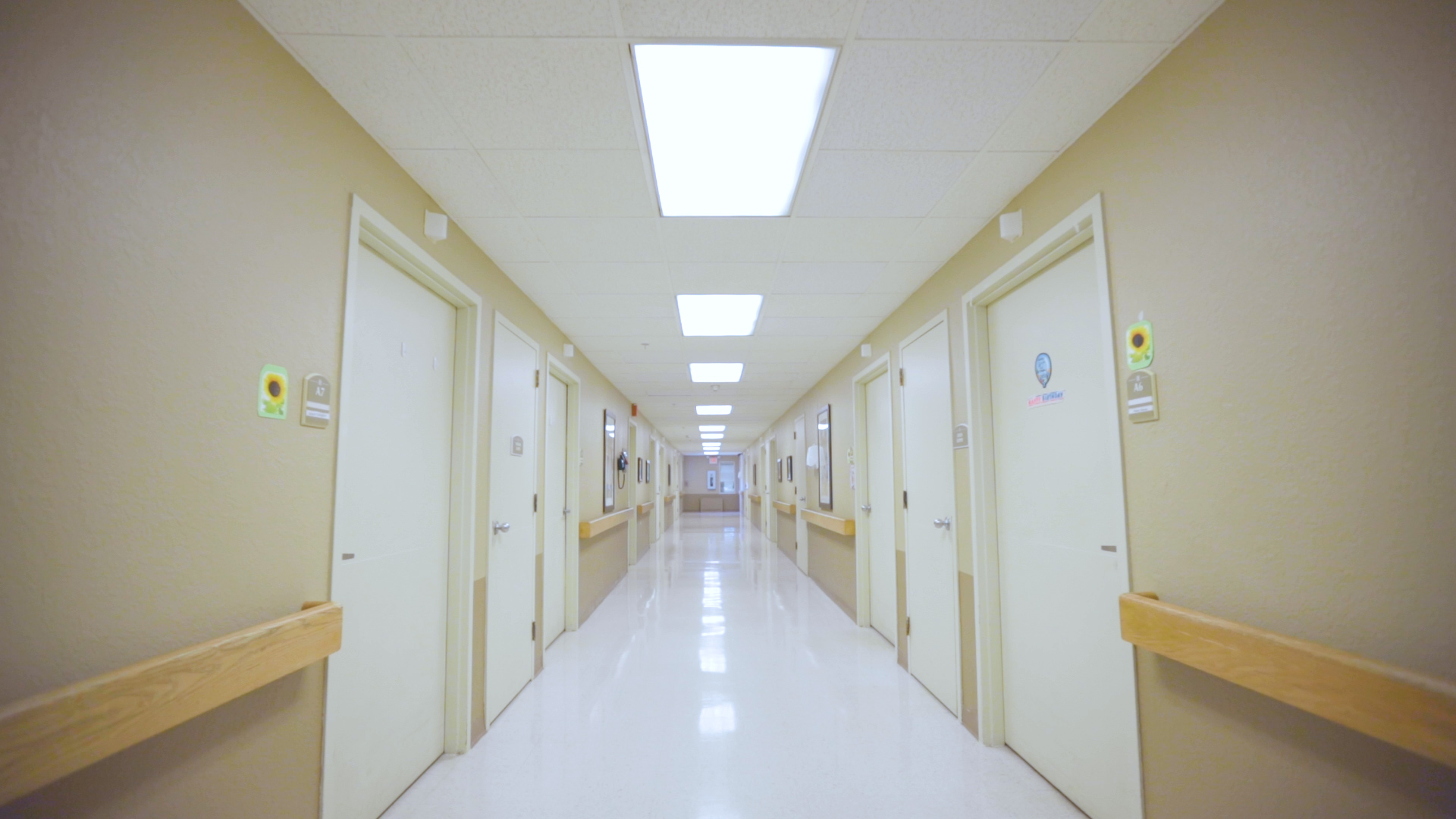
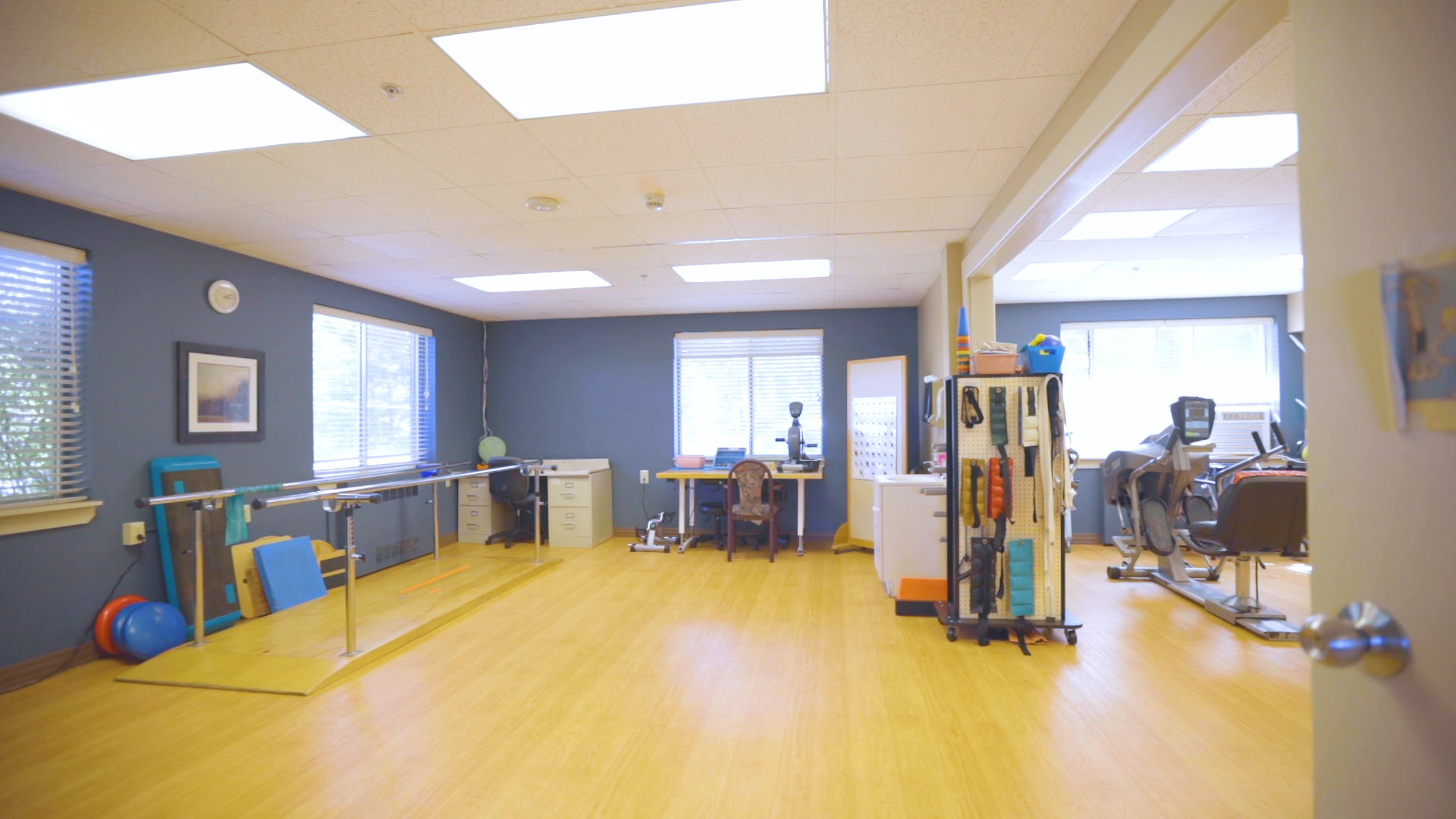
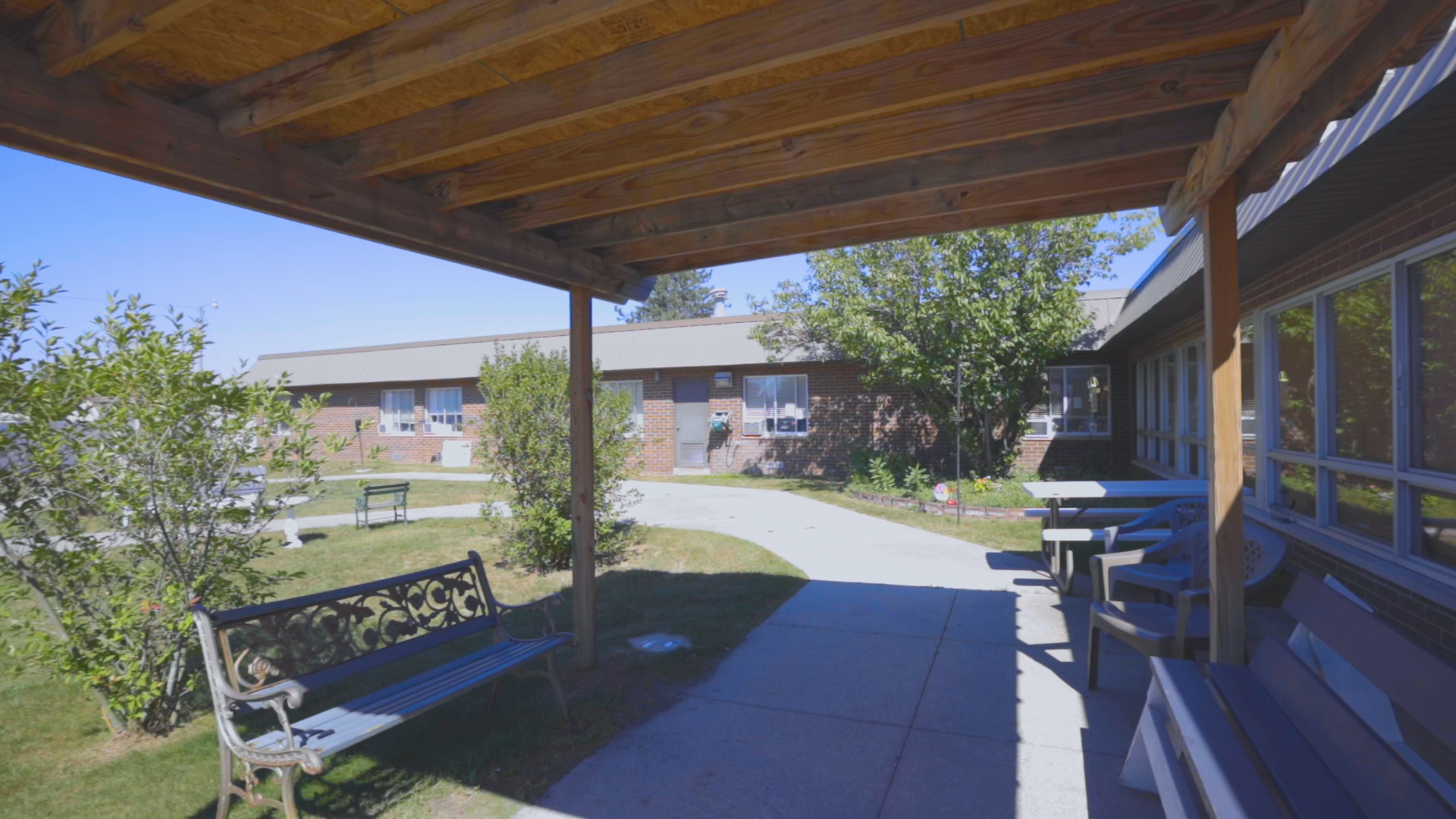
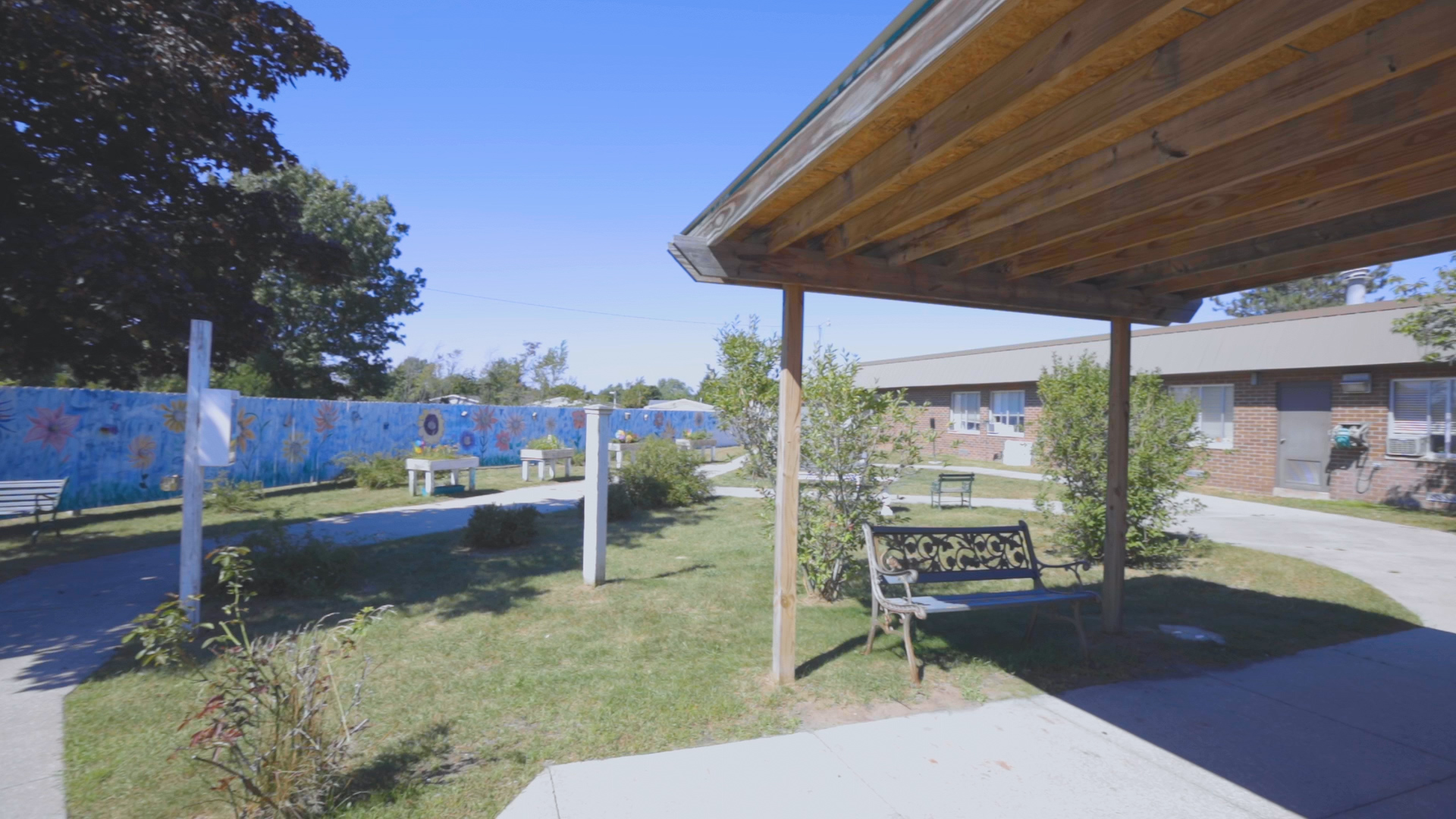
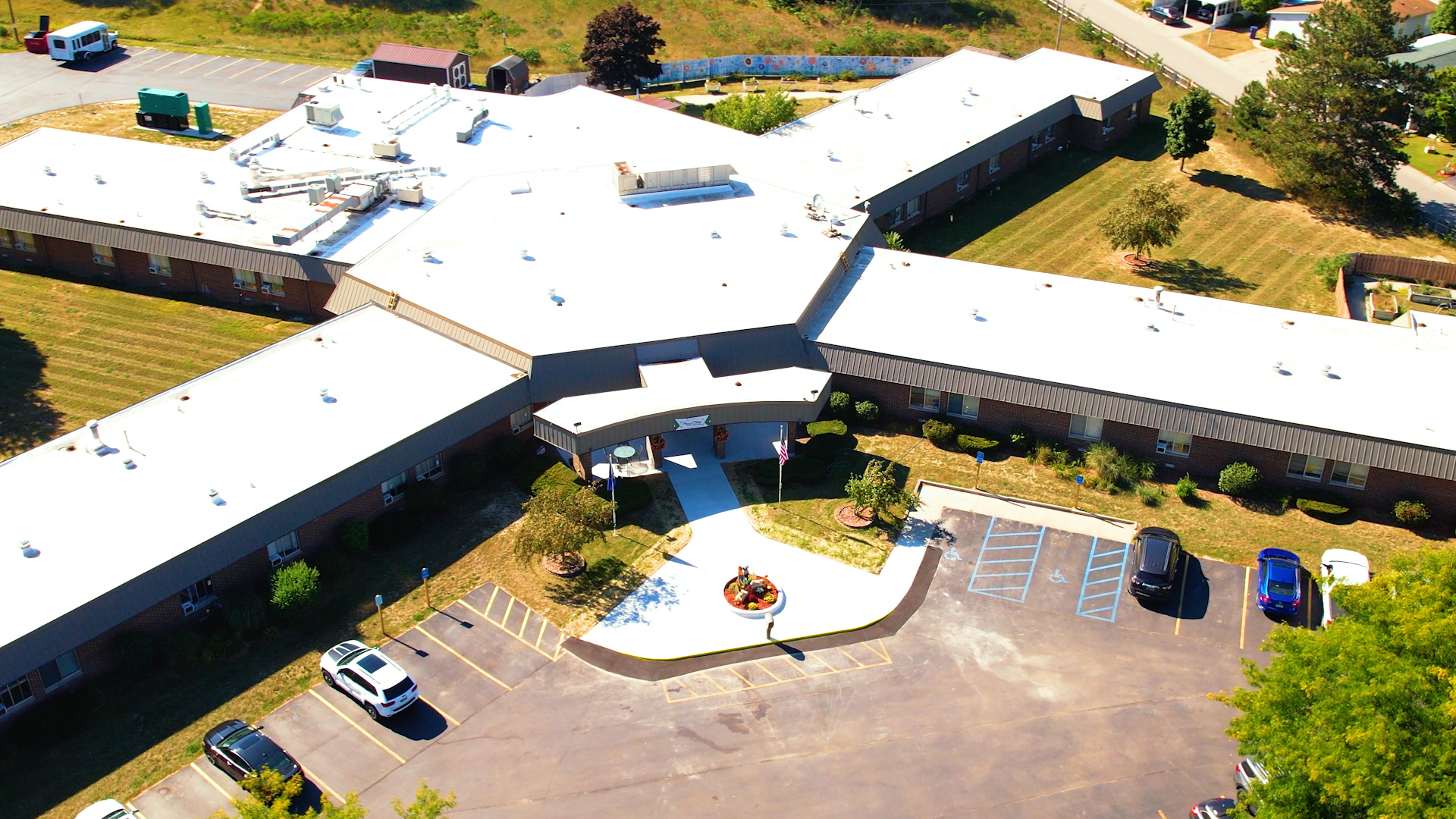
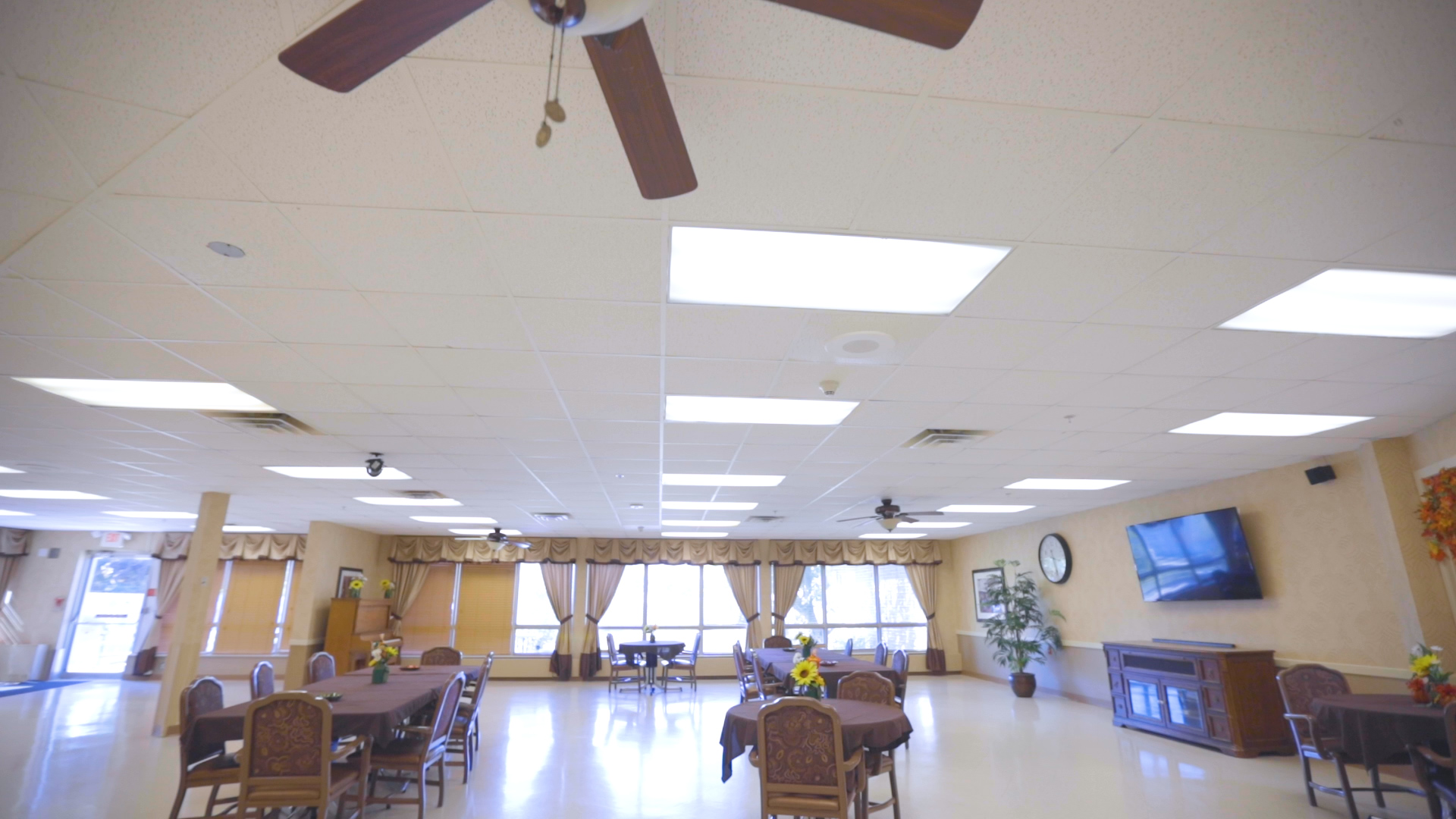
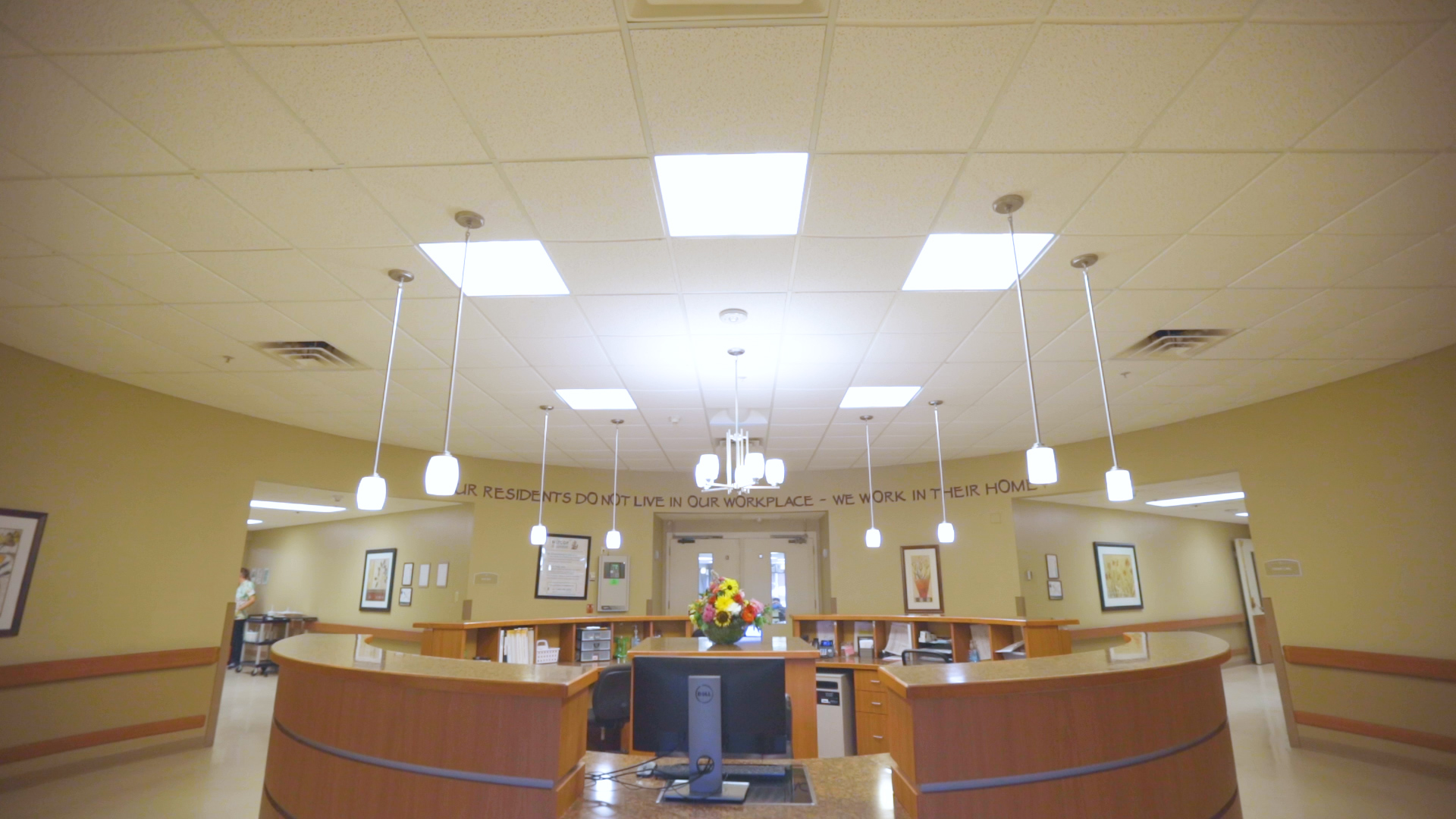
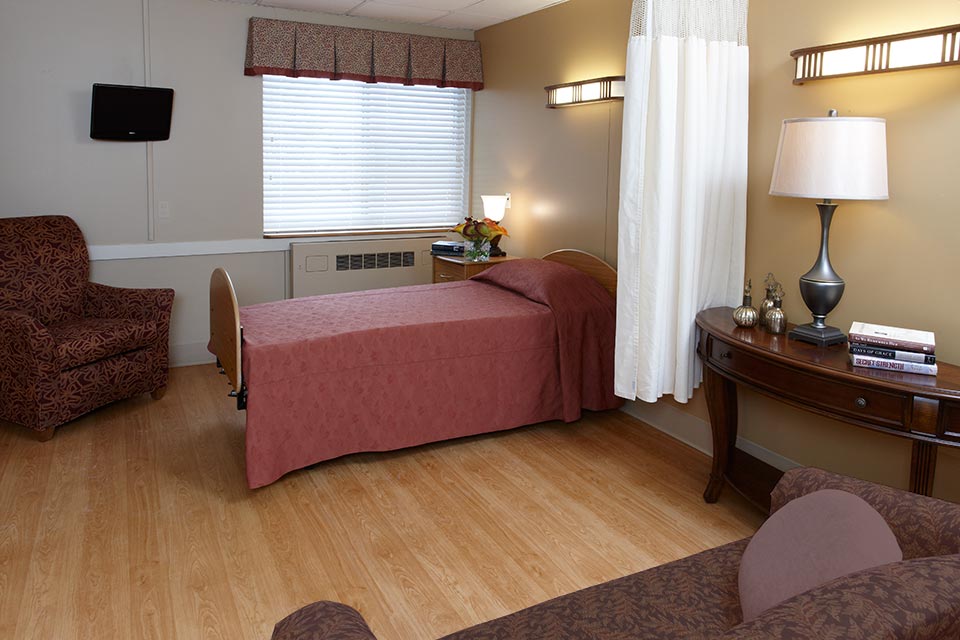
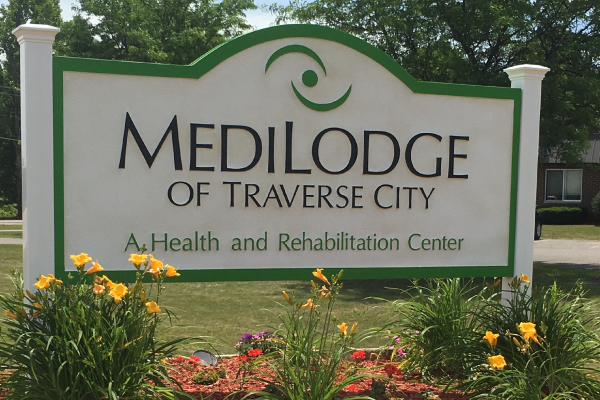
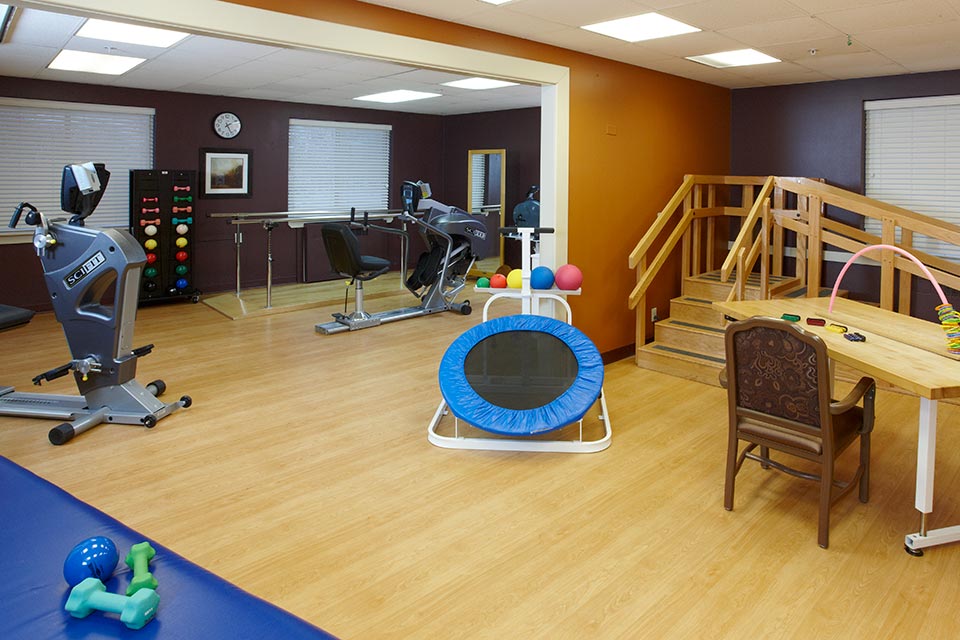


We recommend that you visit the facility prior to admission, to assure both the potential resident and family that MediLodge of Traverse City is the place to choose for your healthcare needs, however, it is not required. We would be happy to schedule a visit for you.
We recommend that you visit the facility prior to admission, to assure both the potential resident and family that MediLodge of Traverse City is the place to choose for your healthcare needs, however, it is not required. We would be happy to schedule a visit for you.
The process is not complicated, and our Director of Admissions would be happy to guide you along. We will do everything we can to make it as simple as possible for you. We can even complete most of it prior to you or your loved ones arrival.
The process is not complicated, and our Director of Admissions would be happy to guide you along. We will do everything we can to make it as simple as possible for you. We can even complete most of it prior to you or your loved ones arrival.
You will need a photo ID, Social Security card, Medicare card, and if applicable: insurance card, Medicaid card, and Advanced Directives (living will, power of attorney).
You will need a photo ID, Social Security card, Medicare card, and if applicable: insurance card, Medicaid card, and Advanced Directives (living will, power of attorney).
When private pay residents come close to exhausting their own resources, they generally become eligible for Medicaid. Our business office staff will assist you and your family with options and process.
When private pay residents come close to exhausting their own resources, they generally become eligible for Medicaid. Our business office staff will assist you and your family with options and process.
Medicare Part A will only pay for skilled nursing care in a facility certified to participate in the Medicare program, and will cover up to 100 days per spell of illness. To be eligible for utilizing the Medicare benefits for skilled nursing care, your care needs must meet certain criteria. (Read the complete article below for further information.)
Medicare Part A will only pay for skilled nursing care in a facility certified to participate in the Medicare program, and will cover up to 100 days per spell of illness. To be eligible for utilizing the Medicare benefits for skilled nursing care, your care needs must meet certain criteria. (Read the complete article below for further information.)
Part A assists in paying for an inpatient stay in a skilled nursing facility. Part A has deductibles and co-insurance requirements. Most covered individuals do not have to pay premiums for the Part A benefits. Medicare Part A will only pay for skilled nursing care in a facility certified to participate in the Medicare program, and will cover up to 100 days per spell of illness. To be eligible for utilizing the Medicare benefits for skilled nursing care, your care needs must meet certain criteria, such as: Daily skilled nursing or skilled rehabilitation services which can only be provided in a skilled nursing facility (SNF); and You have been in the hospital, as an inpatient stay, for at least three consecutive days and nights; and You are admitted to a SNF within 30 days following your hospital discharge or last covered SNF stay; and Your care in the SNF is for a related condition that was treated in the hospital and a physician certifies that you need the services provided. A 60 day wellness period is required by Medicare to begin a new 100-day skilled benefit period. There are some supplies and services that are not covered. Please contact the Business Office Manager or the Social Services department for the most current information.
Part A assists in paying for an inpatient stay in a skilled nursing facility. Part A has deductibles and co-insurance requirements. Most covered individuals do not have to pay premiums for the Part A benefits. Medicare Part A will only pay for skilled nursing care in a facility certified to participate in the Medicare program, and will cover up to 100 days per spell of illness. To be eligible for utilizing the Medicare benefits for skilled nursing care, your care needs must meet certain criteria, such as: Daily skilled nursing or skilled rehabilitation services which can only be provided in a skilled nursing facility (SNF); and You have been in the hospital, as an inpatient stay, for at least three consecutive days and nights; and You are admitted to a SNF within 30 days following your hospital discharge or last covered SNF stay; and Your care in the SNF is for a related condition that was treated in the hospital and a physician certifies that you need the services provided. A 60 day wellness period is required by Medicare to begin a new 100-day skilled benefit period. There are some supplies and services that are not covered. Please contact the Business Office Manager or the Social Services department for the most current information.
Yes, sometimes it does. However, you can pre-register. Our admissions office will be happy to assist.
Yes, sometimes it does. However, you can pre-register. Our admissions office will be happy to assist.
Call us at 231.947.9511, we can start the process! You can also ask your discharge planner or case manager at the hospital to contact MediLodge of Traverse City and we will make all the arrangements while keeping you informed. We also have a liaison who can come visit you in the hospital. She will meet with you and your care team to ensure a smooth transition to our center.
Call us at 231.947.9511, we can start the process! You can also ask your discharge planner or case manager at the hospital to contact MediLodge of Traverse City and we will make all the arrangements while keeping you informed. We also have a liaison who can come visit you in the hospital. She will meet with you and your care team to ensure a smooth transition to our center.
The paperwork you will be asked for would be completed by the primary care physician or attending physician in the hospital. We obtain the medical history, current list of medications and medical notes. If the transition will be from the hospital, our team will get all of that from the hospital to ease the transition for you. If the transition is coming from home, we will work with your physician to obtain all of the necessary medical information.
The paperwork you will be asked for would be completed by the primary care physician or attending physician in the hospital. We obtain the medical history, current list of medications and medical notes. If the transition will be from the hospital, our team will get all of that from the hospital to ease the transition for you. If the transition is coming from home, we will work with your physician to obtain all of the necessary medical information.
The facility and physician establish the level of care that someone needs, how much assistance with activities of daily living, and how much nursing supervision and medical attention is required. An individual plan of care is completed and shared with the resident and family.
The facility and physician establish the level of care that someone needs, how much assistance with activities of daily living, and how much nursing supervision and medical attention is required. An individual plan of care is completed and shared with the resident and family.
You may be eligible for Medicaid benefits if you meet the eligibility requirements, which varies by state. (Read the complete article below for further information.)
You may be eligible for Medicaid benefits if you meet the eligibility requirements, which varies by state. (Read the complete article below for further information.)
Information regarding benefits under Medicare and Medicaid is available from our Admissions team, the Administrator or Social Services. The information below is general, and the programs are subject to change. Medicare – a Federal health insurance program for individuals who are 65 years or older, have been disabled for at least two consecutive years, have been diagnosed with End-Stage Renal Disease or meet eligibility based on other criteria set by the Medicare program.
Information regarding benefits under Medicare and Medicaid is available from our Admissions team, the Administrator or Social Services. The information below is general, and the programs are subject to change. Medicare – a Federal health insurance program for individuals who are 65 years or older, have been disabled for at least two consecutive years, have been diagnosed with End-Stage Renal Disease or meet eligibility based on other criteria set by the Medicare program.
A state-funded program that helps individuals pay for medical costs such as doctor’s care, hospital stays, medications and skilled nursing facility care. You may be eligible for Medicaid benefits if you meet the eligibility requirements, which varies by state. Individuals are currently allowed to have cash reserves or other assets totaling a set maximum set by the state-specific program, and excludes a non-revocable prepaid burial contract, subject to limitations set by the Medicaid Program Office. If you have a spouse living at home, he or she may be able to keep a portion of your income and your savings to meet his or her living expenses and needs. Further, your spouse can request an assessment to determine the extent of non-exempt resources at the time of admission. A representative from the Department for Medicaid Services can review your financial information to determine and/or explain the eligibility for enrolling in the Medicaid benefit program. The date you qualify for benefits can also be determined. An application must be made. If you are unable to submit this application on your own, a family member, legal representative or another person who knows about your circumstances may assist you. The facility, if certified by the state Medicaid program, cannot refuse to admit you, nor may the facility discharge you solely because you receive Medicaid to help pay for the cost of your care. Please let the Business Office Manager know if you have applied for Medicaid or if you decide to apply at a later date. Once your Medicaid application has been approved, the facility will review your past statements to refund any overpayments made during the approval process. There are some supplies and services that are not covered. Please contact the Business Office Manager or the Social Services department for the most current information. The below are examples of some items and services that may not be covered: Barber/Beautician services (those services not routinely covered by facility staff) Flowers and plants Newspapers and other reading materials Physical, Occupational & Speech Therapy Services (unless part of a physician-ordered program, meeting certain regulatory requirements) Personal clothing and comfort items (including smoking materials, if not prohibited) Private room, unless deemed medically necessary Privately hired nurses, nursing assistants, or sitters Telephone service Cable/Satellite service Transportation by ambulance to a physician’s office (unless part of your plan of care under the Medicare Program)
A state-funded program that helps individuals pay for medical costs such as doctor’s care, hospital stays, medications and skilled nursing facility care. You may be eligible for Medicaid benefits if you meet the eligibility requirements, which varies by state. Individuals are currently allowed to have cash reserves or other assets totaling a set maximum set by the state-specific program, and excludes a non-revocable prepaid burial contract, subject to limitations set by the Medicaid Program Office. If you have a spouse living at home, he or she may be able to keep a portion of your income and your savings to meet his or her living expenses and needs. Further, your spouse can request an assessment to determine the extent of non-exempt resources at the time of admission. A representative from the Department for Medicaid Services can review your financial information to determine and/or explain the eligibility for enrolling in the Medicaid benefit program. The date you qualify for benefits can also be determined. An application must be made. If you are unable to submit this application on your own, a family member, legal representative or another person who knows about your circumstances may assist you. The facility, if certified by the state Medicaid program, cannot refuse to admit you, nor may the facility discharge you solely because you receive Medicaid to help pay for the cost of your care. Please let the Business Office Manager know if you have applied for Medicaid or if you decide to apply at a later date. Once your Medicaid application has been approved, the facility will review your past statements to refund any overpayments made during the approval process. There are some supplies and services that are not covered. Please contact the Business Office Manager or the Social Services department for the most current information. The below are examples of some items and services that may not be covered: Barber/Beautician services (those services not routinely covered by facility staff) Flowers and plants Newspapers and other reading materials Physical, Occupational & Speech Therapy Services (unless part of a physician-ordered program, meeting certain regulatory requirements) Personal clothing and comfort items (including smoking materials, if not prohibited) Private room, unless deemed medically necessary Privately hired nurses, nursing assistants, or sitters Telephone service Cable/Satellite service Transportation by ambulance to a physician’s office (unless part of your plan of care under the Medicare Program)
A transfer of resources by the nursing facility resident or the spouse remaining at home may adversely affect the potential for Medicaid nursing facility services. A transfer of resources is defined as cash, liquid assets, personal property or real property which is voluntarily transferred, sold, given away or otherwise disposed of at less than fair market value. If resources are transferred 36 months prior to the Medicaid eligibility application month or 60 months with regard to resources transferred into a trust, it is presumed that the transfer of resources was for the sole purpose of establishing Medicaid eligibility and at that time, it would be determined that a prohibited transfer of resources had occurred (the burden of rebutting this presumption rests with the individual). If the agency determines that a prohibited transfer of resources occurred, an ineligibility period may be established beginning with the month of the transferred resources.
A transfer of resources by the nursing facility resident or the spouse remaining at home may adversely affect the potential for Medicaid nursing facility services. A transfer of resources is defined as cash, liquid assets, personal property or real property which is voluntarily transferred, sold, given away or otherwise disposed of at less than fair market value. If resources are transferred 36 months prior to the Medicaid eligibility application month or 60 months with regard to resources transferred into a trust, it is presumed that the transfer of resources was for the sole purpose of establishing Medicaid eligibility and at that time, it would be determined that a prohibited transfer of resources had occurred (the burden of rebutting this presumption rests with the individual). If the agency determines that a prohibited transfer of resources occurred, an ineligibility period may be established beginning with the month of the transferred resources.